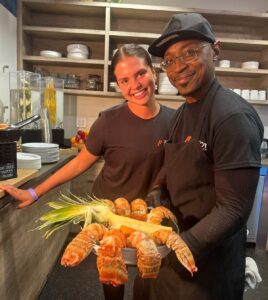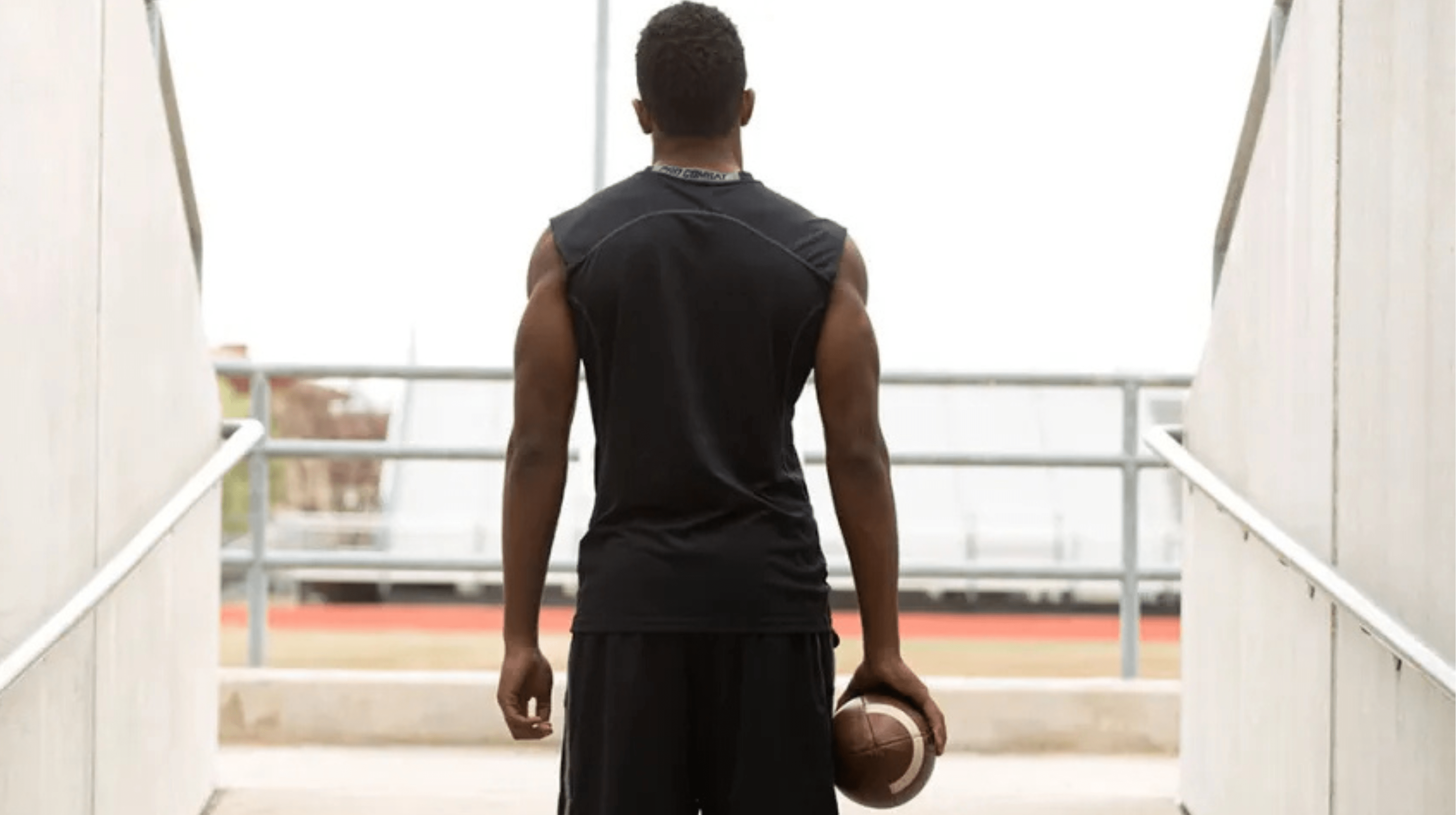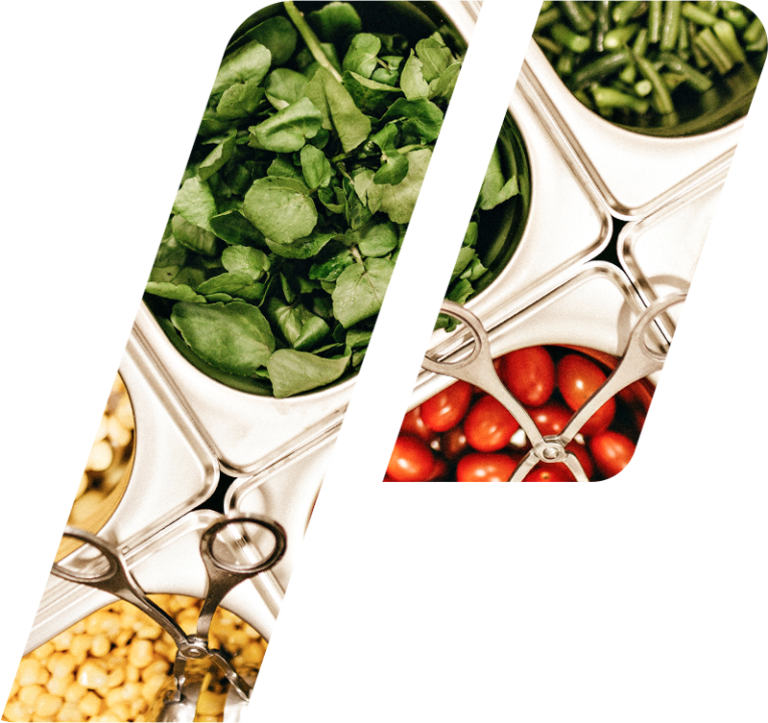
Pivot Culinary Launches its first MLB Full-Season Contract with the Miami Marlins
The Miami Marlins opened their regular season with a historic walk-off win on Thursday, March 27th against the Pittsburgh Pirates….
🗓️ March 7, 2025
Share this post

by Scott ‘Future’ Felstead
College athletes are a competitive breed who aim for success in both the classroom and on the field, but a recent study suggests that not eating enough calories could lead to failure in both of these areas. That seems fairly obvious, but less clear is why growing boys and girls would restrict their nutrients when the stakes are so high. The answer? It’s largely a matter of sports related stress. The recently published report led by Emily Lundstrom, who has a doctorate in kinesiology, and Nancy Williams, a professor in both kinesiology and physiology, found that sport-related stress hits a high during the pre and peak of a sporting season, a time when athletes are training with the highest intensity.
Both authors came to the research with a background in college sports themselves. By observing 53 NCAA Division I endurance athletes, including swimmers and distance runners, they recorded the physiological and psychological characteristics of each participant, measuring body composition, mass, height, and metabolism, along with their mental health and attitudes to eating.
The experts discovered that sports related stress resulted in less healthy attitudes towards eating and this is, of course, completely counterproductive. Those with high levels of stress were less likely to consume adequate calories to cover their bodies’ basic needs. This phenomenon improved greatly during less stressful times such as the off-season however. “We thought it was noteworthy that in the off-season, many of the correlations broke down,” commented Nancy Williams, via the Penn State University website. “It is not as if the athletes are not training in the off-season; they just had more variability. Something about this training period disrupted the associations between sport-specific stress, eating attitudes and whether someone consumed enough food.”
These findings are important because the underconsumption of nutrients and calories will lead to negative outcomes both athletically and academically. College athletes expend a significant amount of energy and if not adequately fuelled, could find themselves injured or burning out under the pressure of exercise or exams. Other risks include serious eating disorders and even bone loss. For female athletes, further complications with their menstrual cycle could present themselves.
“My experiences competing and then coaching these athletes — combined with learning the physiology behind many of the issues that I experienced or witnessed — really helped me bridge the gap between theory and practice,” said Emily Lundstrom. The hope is that by understanding the cyclical nature of stress, and developing new ways to mitigate the stresses felt by college athletes, it will lead to better results in terms of overall health, and what ends up on the score board.
“Coaches should be aware that periods of high stress — physical, competitive and academic — can all impact how much collegiate athletes are eating,” added Lundstrom. “So, the coaches or the athletic programs may need to do more to help athletes manage their stress during the more intense parts of the season. Additionally, those of us who study athletes may need to consider the different phases of sports seasons when assessing athletes’ sports related stress, eating or well-being. If we are studying people in their offseason, we could miss significant unhealthy eating that should be captured for the athletes’ health.”
Share this post

The Miami Marlins opened their regular season with a historic walk-off win on Thursday, March 27th against the Pittsburgh Pirates….

In our last blog post, we shared some kitchen tips that can help elevate your meal prep game, and advice on asking the right questions when ordering meals. This time, we’re diving into the science of cooking—how different methods impact….

Brock Purdy ate one at his locker before the Super Bowl. Andy Reid once offered them to his players as a reward. Before practice, during training camp and in the halftime locker room, they are…..

Sign up for our newsletter and get the latest happenings and exclusives.
We look forward to connecting with you.

Corporate Office:
7000 E Shea Blvd Suite F1830, Scottsdale, AZ 85254
© 2025 Pivot Culinary Management. All rights reserved.